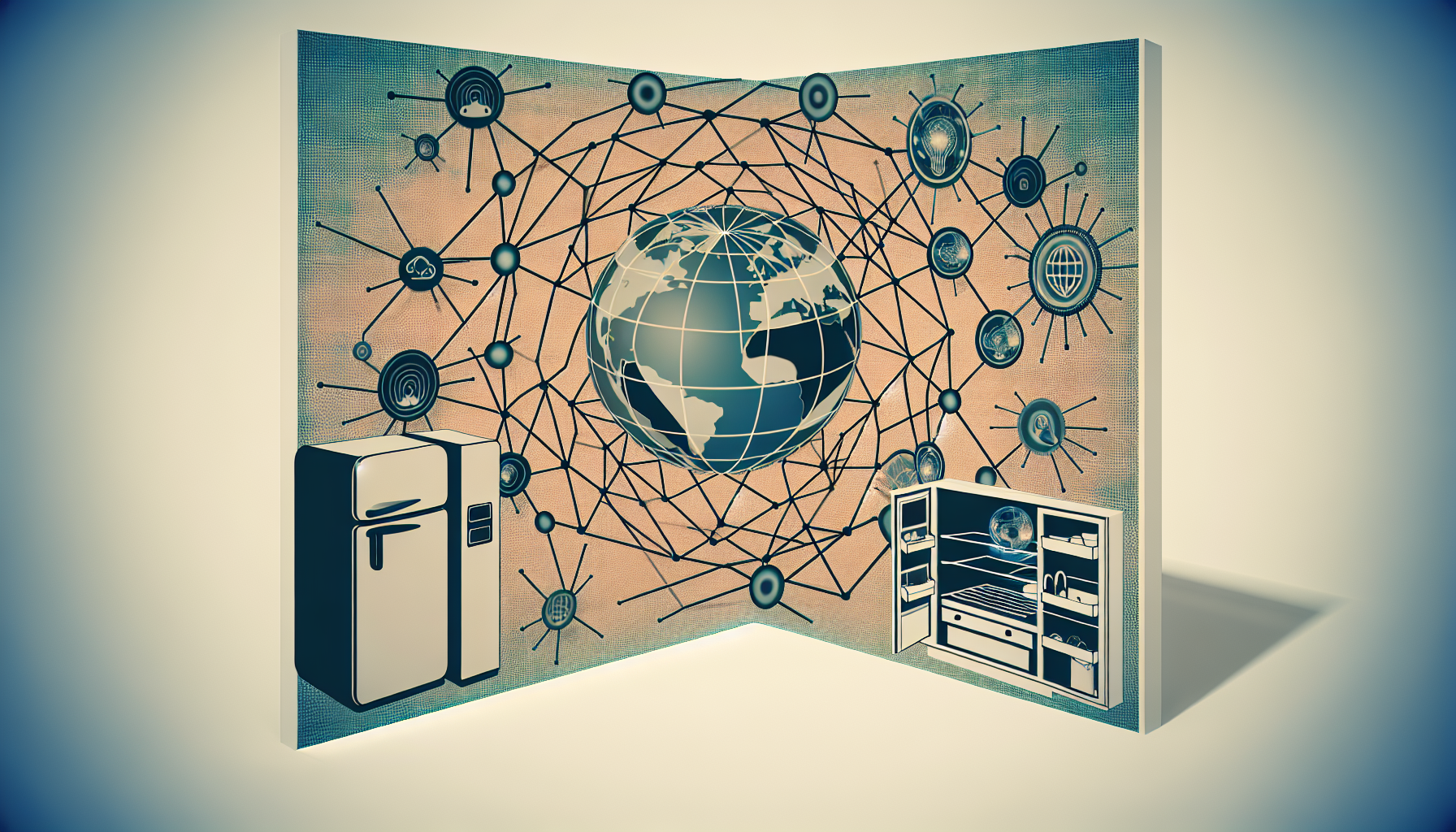Imagine your mind stretched out like an elaborate spider web, catching ideas and thoughts from the world around you, filtering them into that complex head of yours. Now, add an internet connection, a couple of gadgets, and maybe even a smart refrigerator that knows you too well. Welcome to the extended mind thesis in the age of artificial intelligence. It’s like having a global brain, just with less need for sleep and more need for charging sockets.
The extended mind thesis, an idea proposed by philosophers Andy Clark and David Chalmers, suggests that the mind is not confined to the biological confines of your cranium. Instead, it stretches out, merging with the tools and technology around you. Yes, that smartphone you can’t live without? It’s basically part of your brain now, but let’s just hope it never rewrites your texts into gibberish during an important conversation.
The External Brain
In many ways, AI has already become an external part of our brains. When you lean on Siri to remember where you parked your car or let Google Maps argue with you about the shortest route, AI isn’t just assisting you; it’s extending your cognitive processes. Gone are the days of memorizing phone numbers or birthdays; the digital world keeps track of these cherished details so the limited neurons upstairs can focus on watching the latest cat videos.
But with AI assuming more responsibilities in our cognitive processes, a rather philosophical question emerges: If a machine learns and thinks for us, where does real intelligence reside? Is it in the silicon chips scattered globally or deep inside the perambulating beings we call humans? Should we, perhaps, give those chips a chance to vote at the next election, provided they don’t catch a virus?
Intelligence Unbound
This brings us to a curious realization. As AI integrates into our lives, intelligence becomes a more fluid concept. It no longer resides solely in the grey mush encased in your skull or the deceptively friendly AI voice that mispronounces your name. Instead, intelligence is a dance, a collaborative jig between the human and the machine. Two step, if you will.
Intelligence isn’t about where it sits but about what it can do. When AI provides medical insights faster than a qualified doctor, we don’t need to question who the doctor is. Instead, we should marvel at the symphony where algorithms and human intuition harmonize. Unless, of course, you’re consulting WebMD, where a headache suspiciously equals doom.
Implications for the Human Condition
The implications of this intertwined intelligence for the human condition are profound. Look around, and you’ll notice not just how much time we save thanks to AI but also how our cognitive processes change. As our devices ‘think’ for us, our minds are free to explore higher-order tasks and creativity. We can ponder the mysteries of life or why cats hate water while our wearables monitor if we’ve actually moved today.
Some might argue that this reliance on AI could make our mental muscles flabby, like a brain that skipped leg day. Yet, this shift allows us to redefine what it means to be intelligent, thrusting humans into roles of designer, dreamer, and even that of a dreamer who designs dreams.
The Future: Racing Towards AGI
As we hurtle towards the potential realization of artificial general intelligence (AGI), the question of where intelligence resides becomes even more tantalizing. In theory, an AGI would be able to perform any intellectual task a human can, and perhaps even more. Picture a future where a conversation with your toaster turns existential, and it provides meditation advice for your burnt toast woes.
In this AGI-laden future, the concept of intelligence residing in a specific spot—be it silicon wafer or grey matter—becomes as outdated as asking if electrons in the Wi-Fi know they’re carrying cat memes. Intelligence, instead, becomes a shared phenomenon, flowing through networks, minds, and machines, constantly reinventing itself and us along with it.
Laughing at the Edge of Progress
While the extended mind thesis might rock the metaphorical boat of traditional intellectual hierarchy, there’s an element of humor here. We humans, with our splash of biological insignificance in the cosmos, now share our evolutionary heritage with algorithms that favor ones and zeros over DNA spirals. So laugh at that, because humor remains an exclusively human trait—for now.
Perhaps, after all, the most critical part of this AI-human symbiosis is not where the intelligence lies, but where it takes us. Holding hands with our digital counterparts, we embark on a journey with new maps, seeking answers not just to age-old questions of our minds but to the questions we never dared to imagine before. Let’s just ensure that, while on this grand adventure, someone remembered to bring the charger.

Leave a Reply